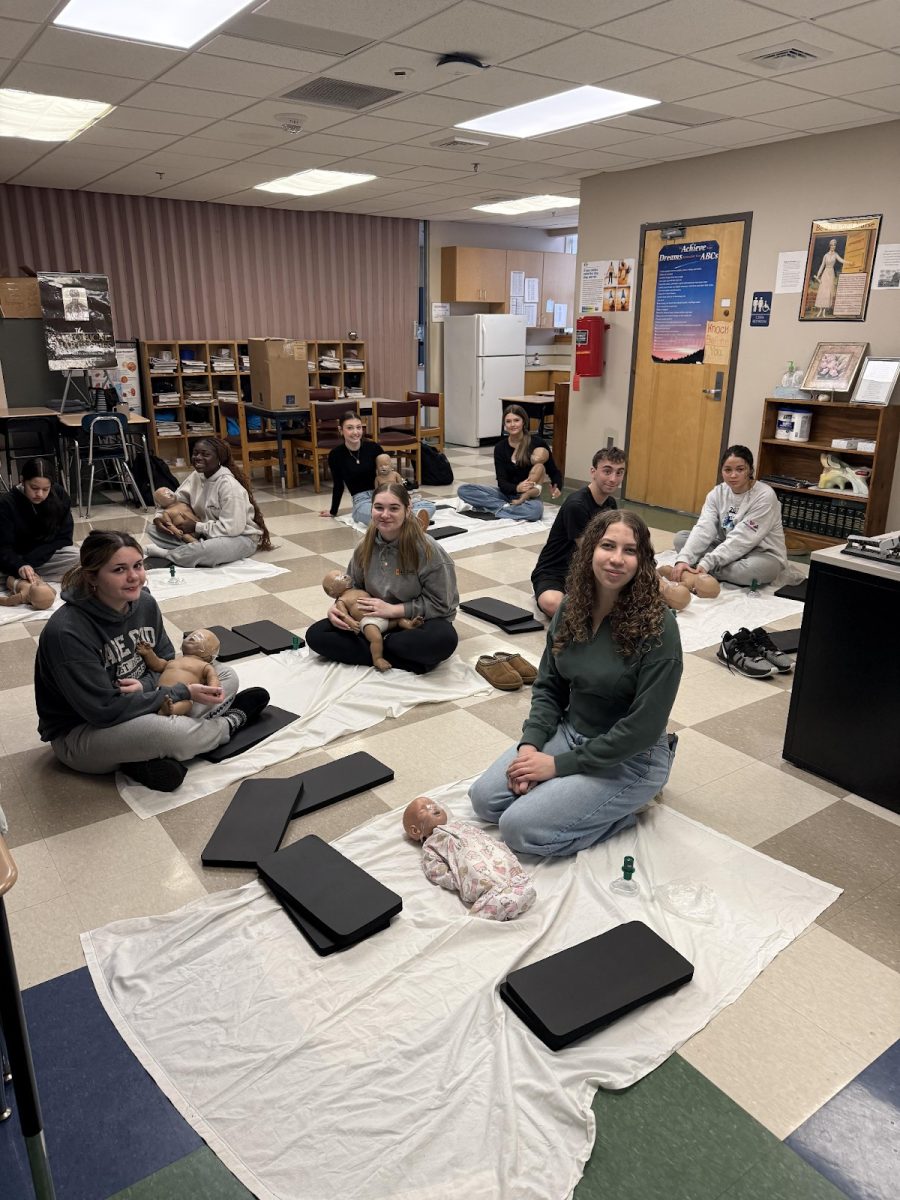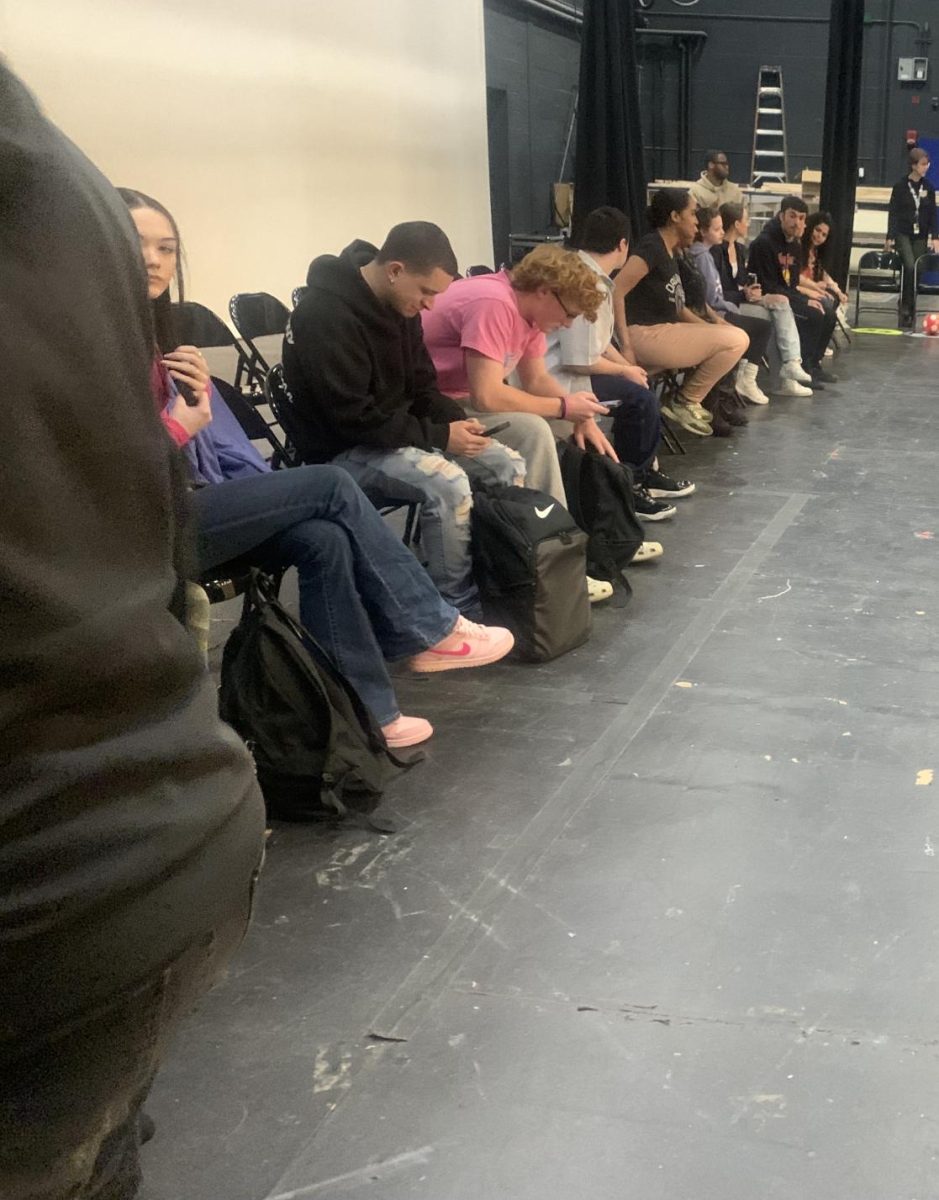
On November 24, Robert Mayer, a military veteran who works with Mount Wachusett Community College came to Leominster High School to talk about the benefits of schooling after serving time in the military.
Mayer talked about the four programs of the G.I. bill and the benefits they serve. The four programs include Chapter 33, also known as “post 9/11” G.I. bill, the Chapter 35, Chapter 1606, and the Chapter 30 bill.
CHAPTER 33 aka the POST 9/11 GI BILL:
Mayer explained to us how the Chapter 33 bill works. The bill supports any veteran who served after 9/11. They will receive benefits including 100% free tuition up to four years at a four year, in-state college.
CHAPTER 35:
The second chapter Mayer mentioned was the benefits of the Chapter 35 GI bill. Benefits of this chapter include educational benefits to spouses and children of certain veterans.
CHAPTER 1606:
The third chapter he talked about was Chapter 1606. This chapter supports selected reserve members in the Army Reserves. A special benefit about this chapter is that it gives veterans monthly stipends for living expenses along with housing benefits.
CHAPTER 30:
The final chapter, Chapter 30, gives educational benefits like assistance to tuition and fees, depending on how long you served on active duty. This chapter also supports vocational school training, flight schooling, and college degree programs.
Mayer made it clear that students signing up for college while serving in the National Guard should wait until January to enlist in college classes as this will reduce the risk of missing classes due to serving time.
Mayer said “Veterans can qualify for 132 college credits from serving in the National Guard.”
Mayer served time in the military as an air traffic controller in the Air Force.





